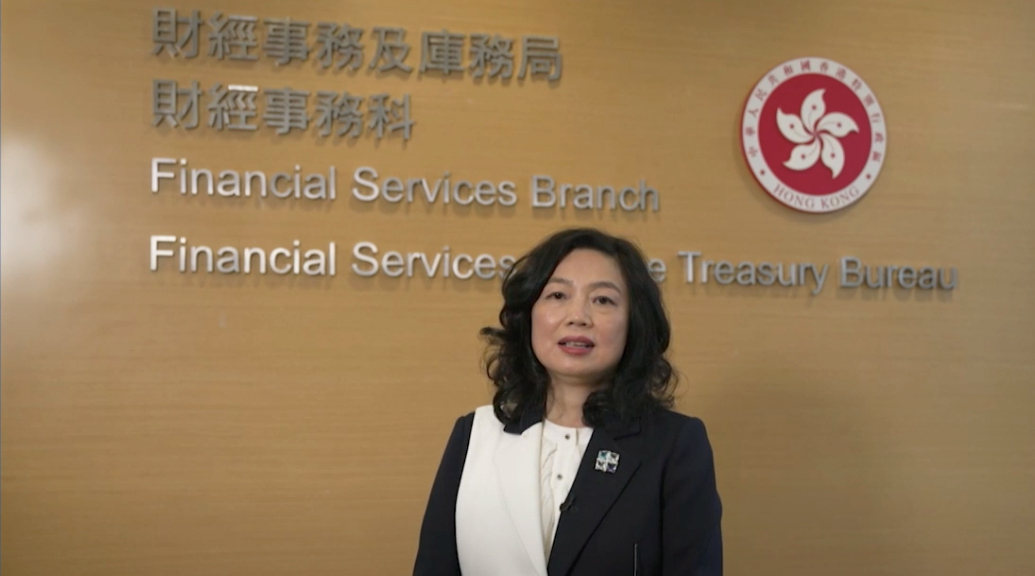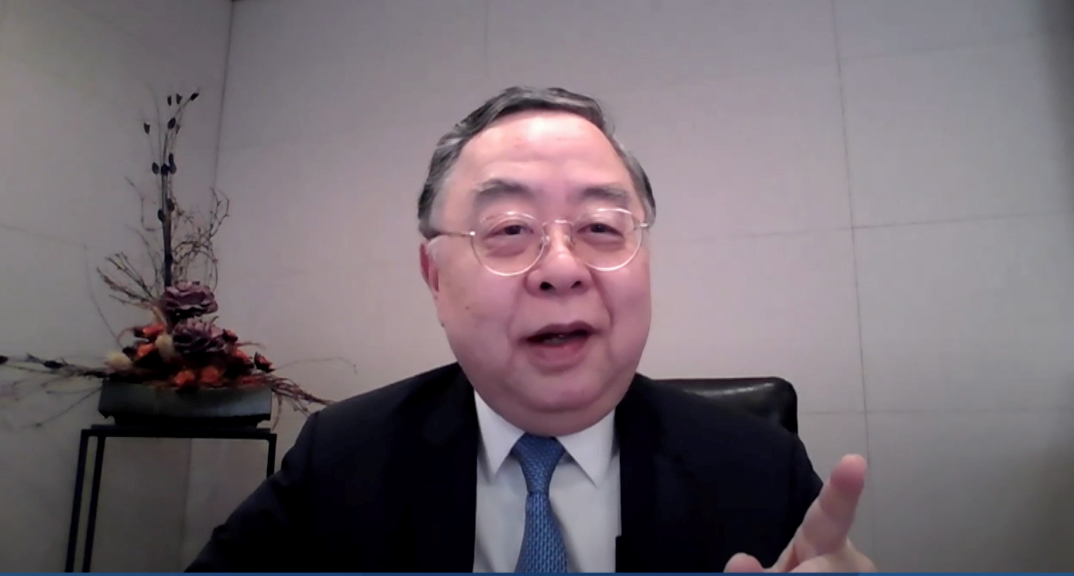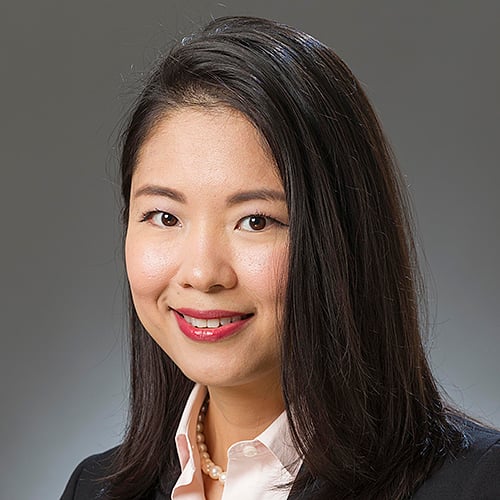With huge capital flows, rapid wealth generation and a sophisticated financial system, Hong Kong is on track to be a family office hub. As of 2020, its private banking and private wealth management business attributed to family offices and private trust clients reached HK$2 trillion (US$257 billion). And the business is growing fast.
“Our vision of making Hong Kong a family office hub is set against the bigger picture of the expanding size of ultra-high-net-worth (UHNW) investors population,” says Salina Yan, permanent secretary for financial services and the treasury of the Hong Kong SAR government, at the recent Asian Financial Forum (AFF).
“In Asia, it increased by 12% in 2020, surpassing the global average of 2.4%. By 2025, it is estimated that this population will exceed 160,000, which will certainly translate into burgeoning demand for private wealth management and family office business. Zooming in, Hong Kong's private banking and private wealth management business attributed to family offices and private trusts clients reached as much as HK$2 trillion in 2020, representing a considerable 46% increase year on year.”

Salina Yan, permanent secretary for financial services and the treasury of the Hong Kong SAR government, sees opportunities in expanding size of UHNW investors population.
So what does it take to become a family office hub? Also speaking at the AFF, Ronnie Chan, chair of Hang Lung Group and its subsidiary Hang Lung Properties, shares: “A family office does three things. Number one, it does investments, so a lot of investment professionals and a lot of professional services and a lot of financial institutions would have to be there. Secondly, it is philanthropy and that's a subject that is very close to my heart. And the third one is family administration – whether it is to help the next generation to learn how to manage money or just simply administrative matters such as accounting and trusts and so forth.”
With regard to investment, Chan stresses that a family office hub should have enough capital flow. “Singapore has a lot of money coming from Indonesia or Malaysia, for example. Hong Kong, on the other hand, has an even bigger pool of money to draw from, much bigger in fact, and that is the mainland of China,” he says.

Hang Lung Group chairman Ronnie Chan says Hong Kong draws from a big pool of money, which is mainland China.
Hong Kong's unique role as a bridge to mainland China’s market is most significant in this respect. “The launch of the cross-boundary Wealth Management Connect, as well as the well-functioning Stock Connect and Bond Connect, will add to the appeal of Hong Kong's unique role. As the largest global offshore renminbi business hub, it gives Hong Kong a comparative advantage in growing up the private wealth and family office sector,” says Yan.
At the end of 2020, the city was managing about US$4.5 trillion worth of assets, up 21% from 2019, despite an uncertain global environment, she says. Sixty-four percent of that was sourced from investors outside Hong Kong.
However, Chan says having a lot of money in the financial system is not enough for Hong Kong to become a family office hub. “In the past five years, Hong Kong has always been among the top in terms of [initial public offerrings]. Many of those entrepreneurs who have done IPO in Hong Kong may be from mainland China, but they have homes here and they spend considerable time here,” says Chan. That means Hong Kong needs to attract these UHNW people not only with having a low tax regime, efficient transport and communication systems and top-notch professionals, but also with lifestyle-related offerings such as cultural institutions and Michelin-starred restaurants, he says.
Chan talks about the importance of philanthropy. Chan’s family office has a history of more than 50 years, and he is active in many non-profit and educational organizations. He founded and chairs the China Heritage Fund, is a co-founding director of The Forbidden City Cultural Heritage Conservation Foundation in Beijing, and is former vice-president and adviser of the China Development Research Foundation in Beijing.
He is also a fellow of the American Academy of Arts and Sciences, chair emeritus of the Asia Society and chairman of its Hong Kong Center, and co-founder and chairman of the Centre of Asian Philanthropy and Society.
“Among economies in Asia, as far as I can tell, Filipino people and Hong Kong people are perhaps the most philanthropic,” Chan says, in comparison to Japan and Singapore, whose governments have taken more responsibility to care for society. “If the government takes care of all the needs of the people, then the people have grown to rely on the government, knowing that the government will always take care of their basic needs.”
“In this regard, I think Hong Kong is again a star. Hong Kong is a migrant society,” Chan says, noting that a society with migrants tends to be more empathetic and generous. He also attributes it to the growing interest in environmental, social and governance (ESG) issues among family offices in Hong Kong and Asia as a whole.









